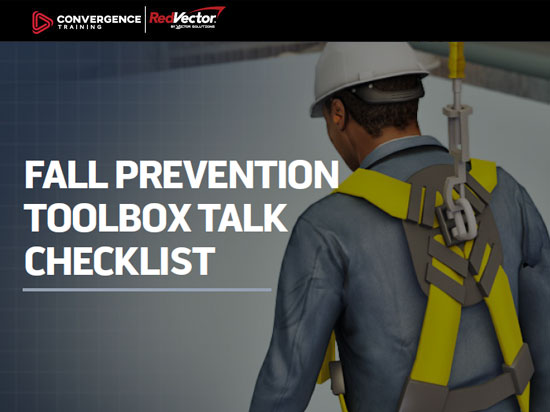Msha Toolbox Topics
MSHA investigates each mining fatality and prepares the following documents to alert the mining community and prevent similar occurrences.Fatality Alert - describes the accident and lists best practices that may have prevented it.Preliminary Report - initial report with brief description.Final Report - investigative findings, including root causes and enforcement actionsSome deaths on mining property are determined to be unrelated to mining activity and are not included in MSHA’s fatality statistics.
- 100 Safety Topics For Daily Toolbox Talk
- Safety Topics For The Workplace
- Msha Toolbox Topics With Pictures

Thomas Northcut/Digital Vision/Getty ImagesStep out into the plant for your next toolbox talk and watch the employees work. Do you see any workers not wearing safety glasses or proper personal protective equipment? A toolbox talk can be developed around the cause and effect of these areas. Discussions on eye injuries or company personal protective equipment, or PPE, policy will make for a non-confrontational safety reminder in your next toolbox gathering. Other cause-and-effect items might be using Lockout and Tagout (control of hazardous electrical energized equipment, 29 CFR 1910.147), for those employees involved in maintenance on the cause and effect of electrical hazards.
This is a broad topic, so you might break it up into segments, such as electrical safety, cord and plug, or even the location of lockout devices. Thinkstock Images/Comstock/Getty ImagesBear in mind these talks are loose, but informative, and should be brief. If, however, your employees find a topic of particular interest, you might consider resuming a safety topic at your next planned toolbox talk. Keeping these topics short will also aid in retention. Fifteen minutes on Bloodborne Pathogens or Universal Precautions is a quick reminder without being overwhelming.


100 Safety Topics For Daily Toolbox Talk
Other items easily broached are preventative maintenance, effects and prevention of heat stress, and discussion of compressed gas storage (29 CFR 1910.101). John Foxx/Stockbyte/Getty ImagesGo to the OSHA website and search the most cited regulations. These areas represent significant injuries or incident potential in OSHA's eyes. Look at your own company for commonalities. It is imperative you search with your business industry code as many citations are specific to the type of manufacturing of your facility. For example, the hazards of a cabinet making company will be very different from a metal-recycling facility. These can differ vastly, based on chemicals, confined spaces, operations and equipment.
A thorough look at your industry's particular hazards will aid you greatly in material for a safety talk. Extensive lists of common citations are available as well on OSHA website, too. These Top 100 Citations in construction (29 CFR 1926) and general industry (29 CFR 1910) offer generalities for researching as potential toolbox talks.A problematic area in most companies are Slip, Trips and Falls (OSHA's Sub-Part D).
If you have walking and working incidents related to slick floors, improper footwear for conditions, or ladder safety concerns, use these as a forum for a toolbox talk. Other areas, rather universal to all industry are chemical hazards, (Hazard Communication, 29 CFR 1910.1200) and emergency action plans, or EAPs.
Safety Topics For The Workplace
Use these as a springboard to launch a number of tool box talks. PhotoObjects.net/PhotoObjects.net/Getty ImagesMake your toolbox talks dynamic by bringing in a guest speaker every once in a while. Local fire chiefs can talk about fire safety or extinguisher inspections. Or ask the American Red Cross to discuss first aid procedures. Another way to aid in renewed topics are to attend an OSHA 10- or 30-hour Voluntary Compliance seminar.
Msha Toolbox Topics With Pictures
These give hours of material and handouts you can distribute to workers. Frequently check the OSHA website for their toolbox topics. Quick Cards, available on OSHA's site are exciting e-tools for sparking yet more toolbox talks. Never substitute, no matter how frequent or expert, toolbox talks for regular, government-required trainings of employees.
Toolbox talks are meant as reinforcement of safety issues, not a replacement for in-depth instruction. Some areas such as forklift, require extensive training and cannot be limited to 15 minutes.
Enjoy the limitless possibilities and benefits of extending a safety culture to your employees through toolbox talks.